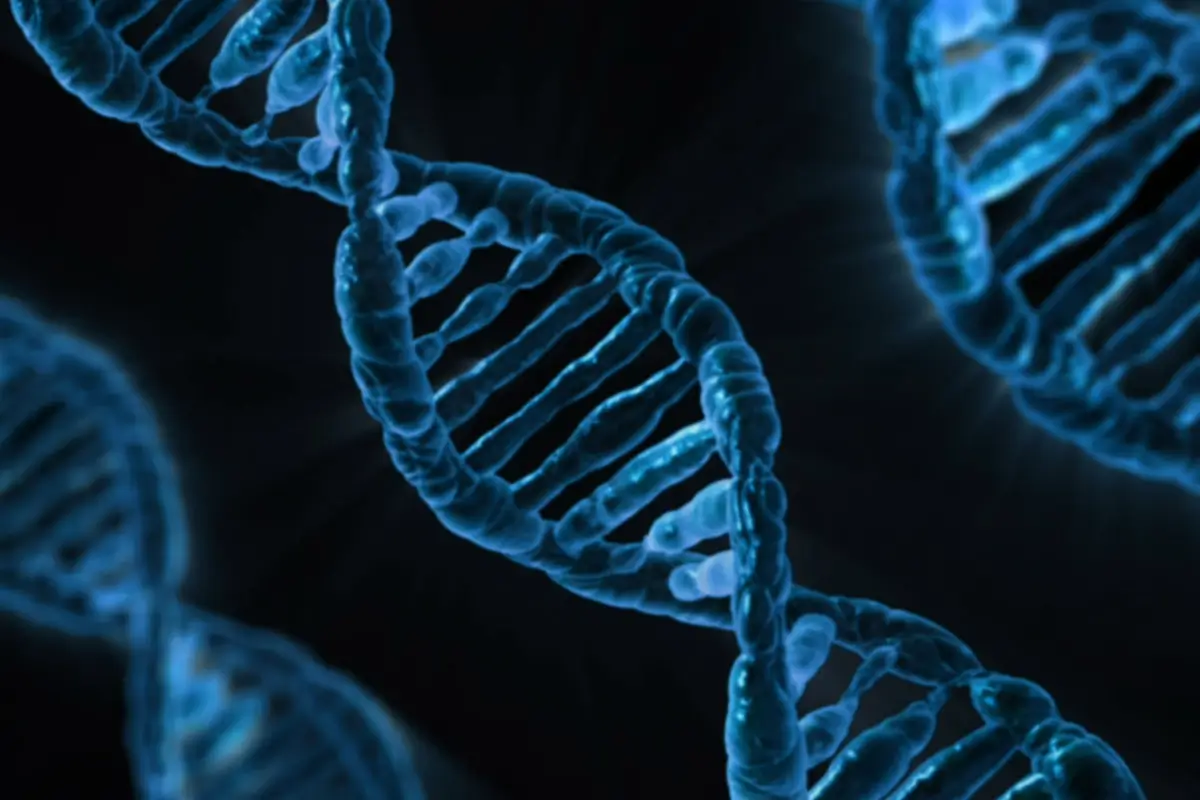Session 1: Genetics & Natural Selection
We will look at cell division both in single celled and multicellular organisms (mitosis) moving on to meiosis, reproduction and protein synthesis. With this knowledge we will study genes and alleles, genetic diagrams, Mendelian inheritance and variation of individuals. Applying this knowledge, we will study natural selection and evolution in populations reviewing the evidence for evolution in humans and other animals and the emerging science of genetic engineering. We will look at practical techniques and past paper questions.
Session 2: Communication, Circulation and Exchange in Plants and Animals
Understanding how multicellular organisms organise their structures is key to understanding how complex life evolved and sustains itself on the planet. We will look at transpiration in plants, phloem and xylem vessels, plant hormones and photosynthesis. In humans, we will look at the lungs and the heart, gas diffusion and the structure and function of the blood as well as the basics of respiration. We will cover practical knowledge needed for the exam and look at past paper questions. This course will also deal with the basics of the immune system and vaccination.
Session 3: Ecosystems
Understanding organisms and their interrelatedness is key to modern biology. We will study ecosystems and the interaction between organisms, how we investigate ecosystems practically, energy transfers and tropic layers, conservation and biodiversity, indicator species and the role of decomposers. Additionally we will discuss food security and the water, carbon, nitrogen cycles and undertake past paper questions.
Session 4: Animal Control and Homeostasis
We will study the difference between hormones and neurones and how both play a role in controlling biological systems. We will focus on adrenaline and thyroxine and how they act on the heart and other organs and understand what is meant by negative feedback mechanisms leading to homeostasis. A detailed study of the menstrual cycle, its hormones and fertility as well as glucose regulation and the pancreas and osmoregulation in the kidney including a detailed look at the nephron will be conducted with the use of past paper questions.
Scott is an Oxford science graduate turned full time tutor. A tutor for over 20 years Scott has helped scores of students pass their GCSEs and A-levels in maths and all three sciences. Rik works one-to-one with students as well as in small classes typically helping students improve by two grades. He will explain the material, and offer challenge to students so that they will have to think for themselves, explaining the concepts and answering the practice questions.

Tutor: | Scott | |
Date: | April 14, 2025 – April 17, 2025 | |
Time: | 10:30 – 12:30 | |
Cost: | £170 | |
Exam Board: |  |
Share On:
| Cookie | Duration | Description |
|---|---|---|
| cookielawinfo-checkbox-analytics | 11 months | This cookie is set by GDPR Cookie Consent plugin. The cookie is used to store the user consent for the cookies in the category "Analytics". |
| cookielawinfo-checkbox-functional | 11 months | The cookie is set by GDPR cookie consent to record the user consent for the cookies in the category "Functional". |
| cookielawinfo-checkbox-necessary | 11 months | This cookie is set by GDPR Cookie Consent plugin. The cookies is used to store the user consent for the cookies in the category "Necessary". |
| cookielawinfo-checkbox-others | 11 months | This cookie is set by GDPR Cookie Consent plugin. The cookie is used to store the user consent for the cookies in the category "Other. |
| cookielawinfo-checkbox-performance | 11 months | This cookie is set by GDPR Cookie Consent plugin. The cookie is used to store the user consent for the cookies in the category "Performance". |
| viewed_cookie_policy | 11 months | The cookie is set by the GDPR Cookie Consent plugin and is used to store whether or not user has consented to the use of cookies. It does not store any personal data. |
Begin your journey to success.